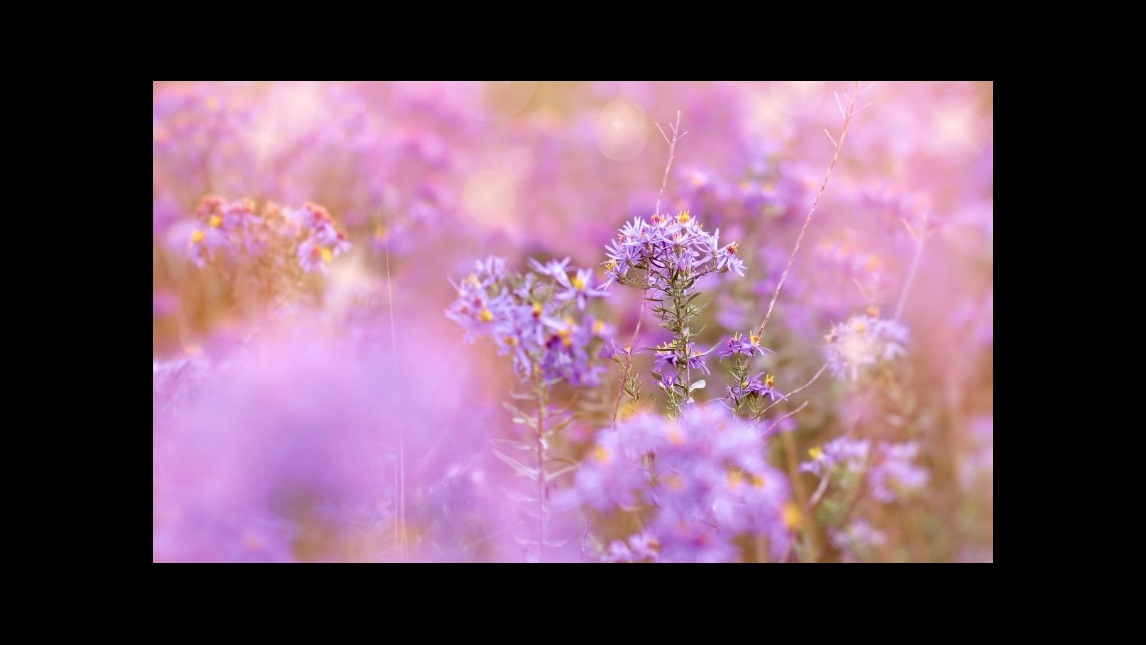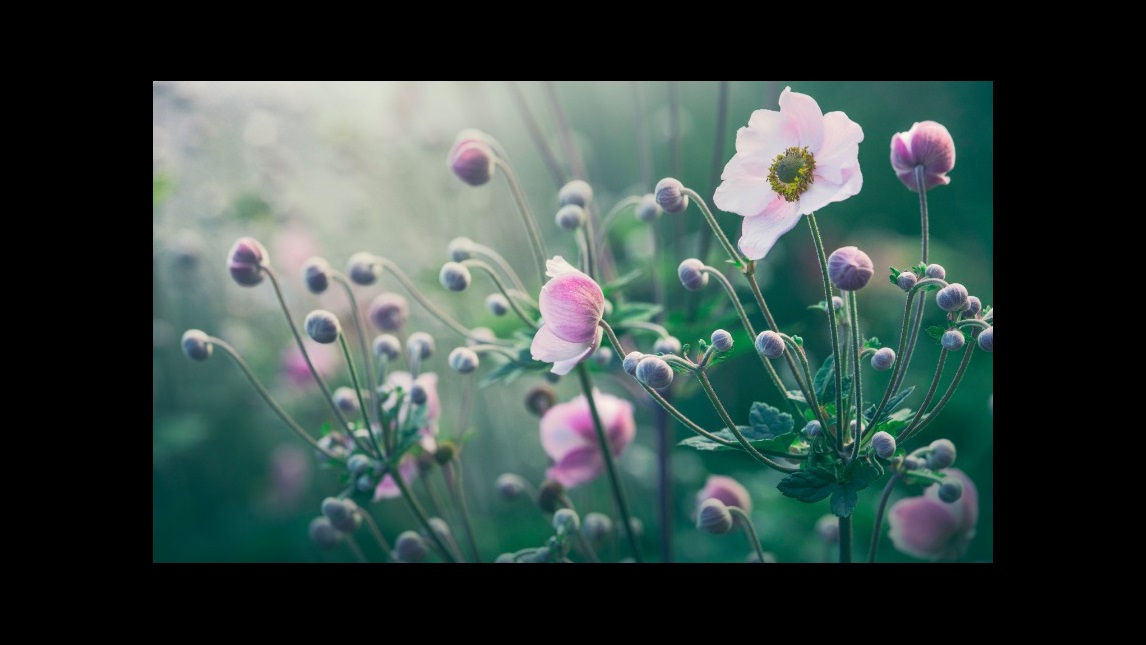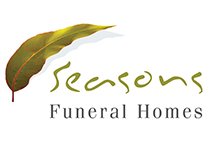Body Donation Program
The community of Western Australia plays a vital role in the work of The University of Western Australia (UWA). It is through these strong links that we are able to continue our research, including the Body Donation Program.
The University is licensed to practise anatomy and to accept body donations from members of the Western Australian community. These bodies are used for anatomical teaching, medical and scientific research and specialist training at many teaching and research institutions.
The University holds a memorial service in Winthrop Hall every three years to honour the donors to its Body Donation Program. A dedication of thanksgiving expressed in the presence of relatives, special guests and students is the most appropriate way to acknowledge those who have bequeathed their mortal remains to the University.
Donors
- About the program
-
The generous bequests made by our donors enable enhancement of anatomical study for:
- medical students
- dental students
- science students
- physiotherapy and nursing students
- postgraduate surgical trainees
- research scientists.
This in turn, benefits the whole society by training:
- doctors and dentists
- scientists
- medical specialists (pathology, surgery, orthopaedics, urology and the like)
- para-medical specialists (physiotherapy, occupational therapy, nursing).
The generosity of donor bequests is acknowledged by the University community at a Memorial Service held every three years, and through Memorial Gardens.
- An act of recognition and gratitude
-
In addition to the Memorial Service, an Act of Recognition and Gratitude is read out by a representative of each student group on behalf of the class at the start of each semester:
As students of human anatomy in the health sciences, we wish to acknowledge formally in this Act of Recognition, our gratitude for the gifts of human bodies and our respect for those people who have generously bequeathed their mortal remains so that we may study and understand.
We also recognise that there is something special about this material, that each of these bodies represents the tangible remains of a person with a living history of growth from childhood, of a rich and varied life story, of health and illness, of joy and sadness, of human relationships, of intellectual and spiritual achievement.
Having so acknowledged, we now pause for one minute in a small act of respect for this material gift and also to offer (according to our beliefs) perhaps a prayer or a reflection of these truths. These may be linked with consideration of how we will use this new knowledge in our future profession.
Students of human anatomy in the health sciences
- Each gift makes a difference...
-
The Avant CENTER in Subiaco is part of the Ear Science Institute Australia, which is a not for profit research institute.
In April it held two surgical courses and was privileged to be able to use donated temporal bones for both courses.
The first course was for Japanese Ear Nose and Throat (ENT) consultants and was an Advanced Surgery Course. Nine surgeons came to Perth from Japan and over three days were taught advanced techniques for ear surgery.
The second course was for nine ENT registrars, both local from Perth and from South Australia and Victoria, they were taught temporal bone dissection.
Faculty for both courses were local, national and international. There is a direct link between surgeons and registrar's being a part of these courses, using donated temporal bones and better surgical outcomes for hearing impaired people.
It is not just the surgical outcomes that make a difference; it is quality of life outcomes. If people have trouble hearing, then they have difficulties communicating, and that negatively impacts their lives, and everyone around them.
These donated temporal bones will improve people's quality of life, with their husbands, wives, children, grandchildren, social groups and colleagues.
It is a gift that cannot be measured.
Each and every one of the people involved in the course, from the surgeons, to faculty, participants and staff understand the value of the donated temporal bones and the long term, ongoing benefits that they give.
Thank you.
Sharon Safstrom
Manager, The Avant CENTER
How to donate
Donor registration form AND PRIVACY COLLECTION NOTICE
- Who to notify of your bequest
-
It is recommended the donor notify:
- next of kin/executor of their estate
- their doctor
- staff (if the donor resides in a nursing home)
- hospital staff (on admittance to hospital)
- University acceptance of body bequests
-
A decision is unable to be made until a donor has passed away. The cause of death helps to ascertain whether a donor is suitable for the program. A medical history of the donor is also obtained from the doctor involved at the time of death or the donor's local doctor.
Bodies that are unacceptable for the program include those that have:
- had a post-mortem examination
- had recent surgery
- had organs removed for donation (with the exception of corneal donation)
- a possible contagious disease
- been significantly altered by certain medical conditions or procedures
- some other medical conditions (for example, severe vascular disease)
- been assessed as obese or emaciated
- been deceased for more than five days
- been assessed to be unsuitable for embalming
- *People who lived in the UK for six months or more between 1980 and 1996. This includes British people who have since immigrated to Australia, and Australians who were visiting the UK for an extended period at the time.
* This is related to the fatal variant Creutzfeldt-Jakob disease (*vCJD, the human form of the bovine condition sometimes known as ‘mad cow disease’):
- There is currently no blood test available for vCJD suitable for screening donors.
- vCJD can incubate in someone for many years before they start to show symptoms.
Data shows the peak rate of vCJD was in 2000. In recent years the numbers have dramatically declined with only two cases in the UK since 2010.
- Contacting the University when a donor dies
-
The next of kin is responsible for notifying the Donation Program Coordinator upon death. The next of kin can also request that contact with the Donation Program Coordinator can be made by medical staff and funeral directors on their behalf.
The Donation Program Coordinator then contacts the doctor certifying the death to ascertain suitability of the donor for the bequest program.
If the University accepts a donor, we take care of the transfer of the donor to the University and notify and register the death with the relevant government authorities.
- Procedure for donor death outside normal business hours
-
This procedure depends on where a donor passes away.
If there is no facility to accommodate the donor then a funeral director* will need to be contacted to collect the body and transfer it to their facilities.
As soon as the University re-opens, the funeral directors will advise the University of the death.
The University of Western Australia has partnered with Seasons Funerals for services related to the donation program within the Perth area.
There is no obligation for you to use the University partner.
If there is a mortuary facility to accommodate the donor, the University needs to be notified as soon as the University re-opens.
* Hospitals and some aged care facilities have mortuary facilities to accommodate deceased donors.
- Costs
-
Within 100km of the Perth CBD, when an offer of donation is accepted, the University pays the full cost of transfer and a simple cremation.
Outside of the 100km area, the estate, next of kin or benefactor will need to agree to pay half the transfer cost before the offer of donation can be considered for acceptance.
The cost of the transfer is determined by transport distance and funeral director fees.
The donor's next of kin will need to contact their preferred funeral director for exact costs.
Note: The University does not cover the cost of funeral or memorial services, copies of death certificates, urns or the collection of ashes from the cemetery.
- Family service
-
This is a personal issue for many families. Some want to have a service before the donor is transferred to the University, a number hold a memorial service without the body, and others prefer a service at the time of cremation.
If the next of kin wishes to have a service before transfer, it has to be held almost immediately as the University must receive the body as soon as possible after death.
If the next of kin wishes to have a service at the time of cremation, they can make arrangements with the funeral director for this. Please note that all funerals/services at this time are deemed to be not suitable for viewing.
The University holds a Memorial Service every three years for donors cremated in that period.
- Length of time the University retains a donor
-
If accepted, the University may retain the body for a period ranging from six (6) months up to five (5) years.
- Remains of the donor
- If the next of kin requests the ashes of a donor, they will be notified by the funeral directors at the time of cremation. If the ashes are not required to be returned to the next of kin they will be interred in the University's Memorial Garden at Karrakatta Cemetery.
- Changing your mind
-
A donor may revoke a bequest in writing at any time.
- Can my family donate my body on my behalf?
-
In the absence of a duly signed and witnessed consent form, and "prior registration with the Body Donation Program", the University cannot accept a body bequest.
- Christmas closure
-
The Body Donation Program is closed over the Christmas and New Year Period from 5pm Wednesday 17 December 2025 and will re-open on Wednesday 14 January 2026.
During this time, no deceased donors will be accepted into the Body Donation Program. Families are advised to proceed with normal funeral arrangements.
Memorial
- Memorial Gardens
-
Karrakatta Cemetery
In conjunction with the Metropolitan Cemeteries Board, a memorial garden was established in 2003 at Karrakatta Cemetery.
If requested, ashes of donors can be interred in this garden and their names recorded on a plaque for that year.
The University of Western Australia
In 2003 the wonderful generosity of the Tahija family of Indonesia made it possible to establish a memorial garden outside the Anatomy building on the University campus in memory of our donors.
This garden provides a quiet place of remembrance and reflection where relatives and friends are welcome to visit at any time. The garden is enhanced by the Hans Arkeveld sculpture "Celestian".
- Past Memorial Programs and Photos
-
Memorial 2023
Memorial Program 2023 [PDF 6.9MB]
Further information
- Other donation programs around Australia
- Related websites
Contact our Body Donation Coordinator
Address
Mail: School of Human Sciences University of WA 35 Stirling Highway Crawley WA 6009



